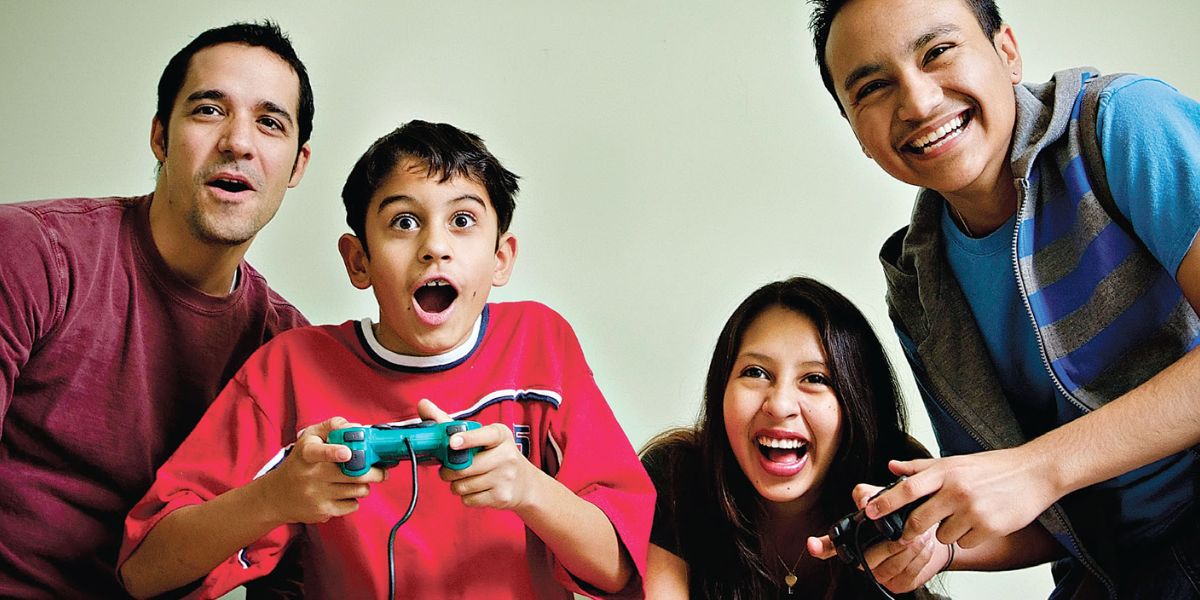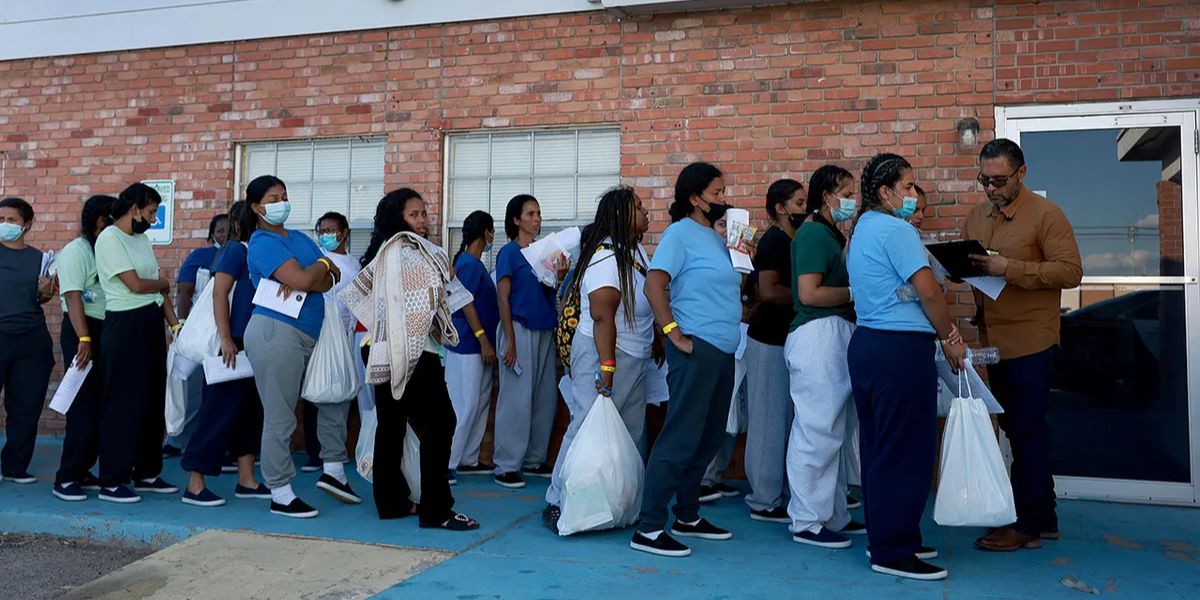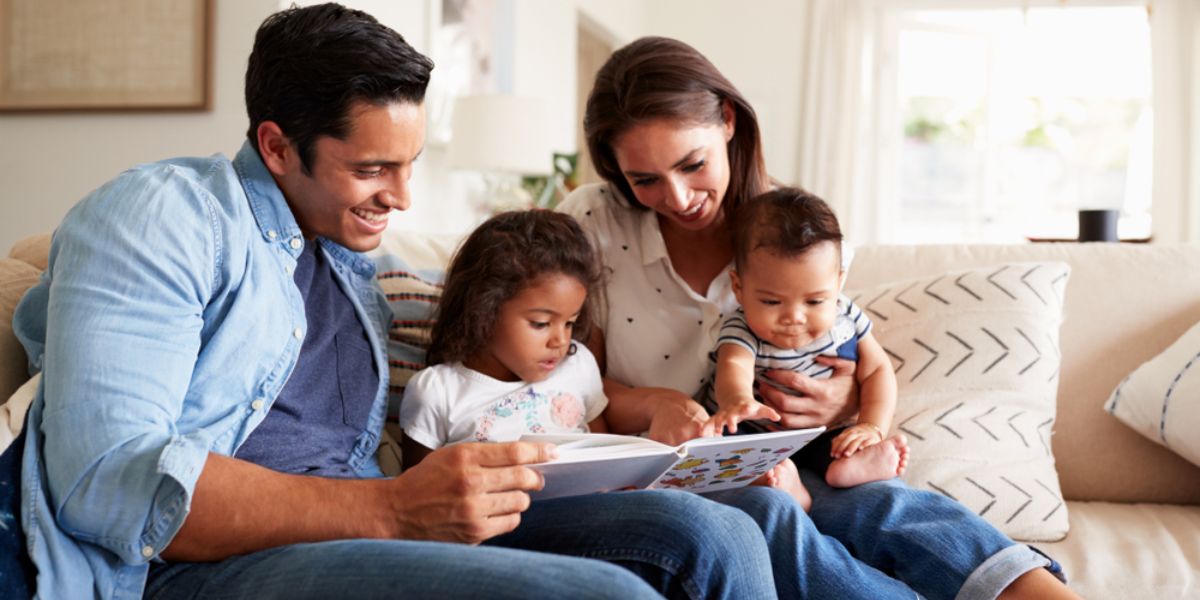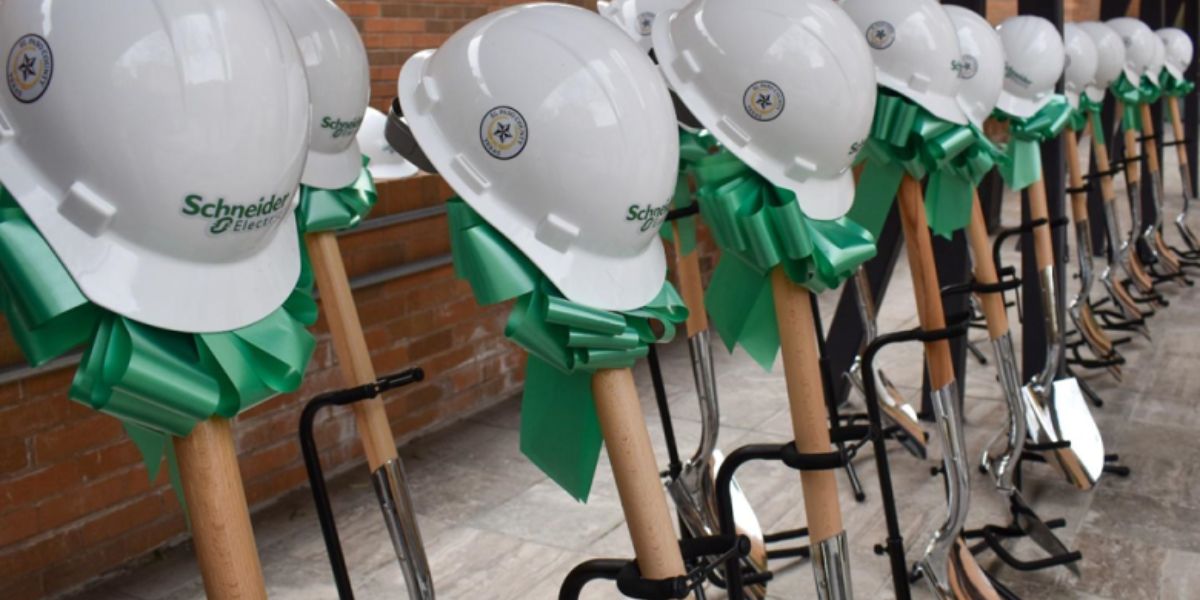El Paso, TX – In a world where families face a growing array of challenges — from financial strain and parenting difficulties to trauma and mental health issues — community-based therapy programs are offering a lifeline. These programs, designed to meet families where they are, are proving to be essential tools in strengthening bonds, promoting emotional well-being, and building long-term resilience.
In El Paso, local nonprofits and mental health organizations have adopted community-based therapy as a key component of their approach to family support. By providing therapy in familiar settings and integrating cultural context, these programs help families address their issues with compassion, respect, and the understanding that healing happens together.
Table of Contents
What Is Community-Based Therapy?
Community-based therapy refers to mental health support and counseling provided in settings that are easily accessible and integrated into the community. Instead of requiring families to visit a clinical office, therapists work in schools, community centers, faith-based organizations, and even in homes. This model eliminates many barriers to mental health care, including transportation, scheduling conflicts, and stigma.
In El Paso, community-based therapy has proven effective for families who might otherwise struggle to access traditional therapy, such as immigrant families, low-income households, or parents dealing with trauma. By offering services close to home, these programs foster trust, making it easier for families to begin their healing journey.
“The best way to help families is to meet them where they’re at — not only geographically but emotionally,” says Miguel Ortega, a licensed social worker and family therapist in El Paso. “When people feel safe in their environment, they’re more likely to open up and engage in the process.”
Accessing Therapy Within Familiar Spaces
One of the key benefits of community-based therapy is its flexibility. Families can receive therapy services in a variety of settings, from community centers to churches, reducing the need to navigate unfamiliar and sometimes intimidating clinical environments.
For example, organizations like Project Vida and The Center for Family Resilience in El Paso offer group therapy sessions in neighborhoods where families feel more at ease. These group sessions cover everything from stress management and coping strategies to more intensive trauma-focused therapy, allowing families to learn and heal together.
The communal setting not only reduces isolation but also promotes a sense of shared experience, which is crucial for families dealing with issues like addiction, domestic violence, or grief.
Therapy for All Ages: A Family-Centered Approach
In community-based therapy programs, family members of all ages have access to tailored therapeutic services. This holistic approach allows therapists to work with children, teens, and adults simultaneously, ensuring that no one is left behind in the healing process.
- For children, therapy might focus on play therapy, emotional regulation, and helping them process their feelings in a safe space.
- For teens, therapy may include discussions on peer pressure, academic stress, and healthy relationships, giving them tools to navigate their complex world.
- For adults, therapy might tackle parenting challenges, relationship issues, or workplace stress, helping parents provide emotional support to their children.
By addressing the emotional needs of every family member, these programs help to create a cohesive approach to family healing, improving the overall stability and well-being of the family unit.
Cultural Sensitivity and Trauma-Informed Care
Given El Paso’s diverse population, community-based therapy programs place a strong emphasis on cultural sensitivity and trauma-informed care. Therapists are trained to understand the unique challenges faced by immigrant families, refugees, and other marginalized groups.
Programs like Familias Unidas provide bilingual therapy in Spanish and English, while also integrating local cultural values into treatment. Whether it’s addressing generational trauma or navigating the complexities of acculturation, these culturally informed services ensure that families feel respected and understood in their healing process.
“Culture shapes how we see the world and cope with adversity,” says Daniela Ramos, a violence prevention specialist in El Paso. “Therapy that respects cultural background empowers families to heal in ways that make sense to them.”
Strengthening Family Bonds Through Communication
A primary goal of community-based therapy is to improve family communication. Many families come to therapy seeking help with conflict resolution or learning how to express emotions in a healthy way. Community-based therapy programs often focus on teaching communication skills, emotional intelligence, and active listening to help family members connect more effectively.
In El Paso’s El Paso Family Support Network, therapists often lead parenting workshops where parents learn techniques for managing conflict, setting boundaries, and providing emotional support to their children. These workshops provide a safe space for parents to share challenges and gain insight from others in similar situations.
“When families learn how to communicate openly, they create an environment where everyone feels valued,” says Ramos. “That’s the foundation for resilience.”
Creating a Sustainable Support System
Community-based therapy is not a one-time fix — it’s a sustained effort to provide ongoing support. These programs work closely with local schools, healthcare providers, and faith groups to build a comprehensive support system for families.
For example, family advocates often follow up with families after therapy sessions to ensure that they continue to receive the resources they need, whether it’s access to food assistance, housing support, or employment programs.
Additionally, community partnerships allow organizations to offer ongoing support groups, mentorship programs, and workshops, ensuring that families have access to a network of help whenever they need it.
“The goal is to make sure families don’t just survive; they thrive,” Ortega concludes. “And that’s what community-based therapy provides — a pathway to long-term healing and resilience.”
Looking Toward the Future
As more families in El Paso turn to community-based therapy for support, the model is becoming an integral part of the region’s mental health infrastructure. Local leaders are advocating for more funding and expansion of these programs to ensure that families across Texas have access to the holistic, culturally-informed care they need.
By investing in family-centered therapy, El Paso is not only healing individuals but building stronger, more connected communities that can weather future challenges together.
What do you think?
How has community-based therapy made a difference in your family or community? Share your experiences or thoughts in the comments below and learn more about strengthening family support at reachviolenceprevention.org.









